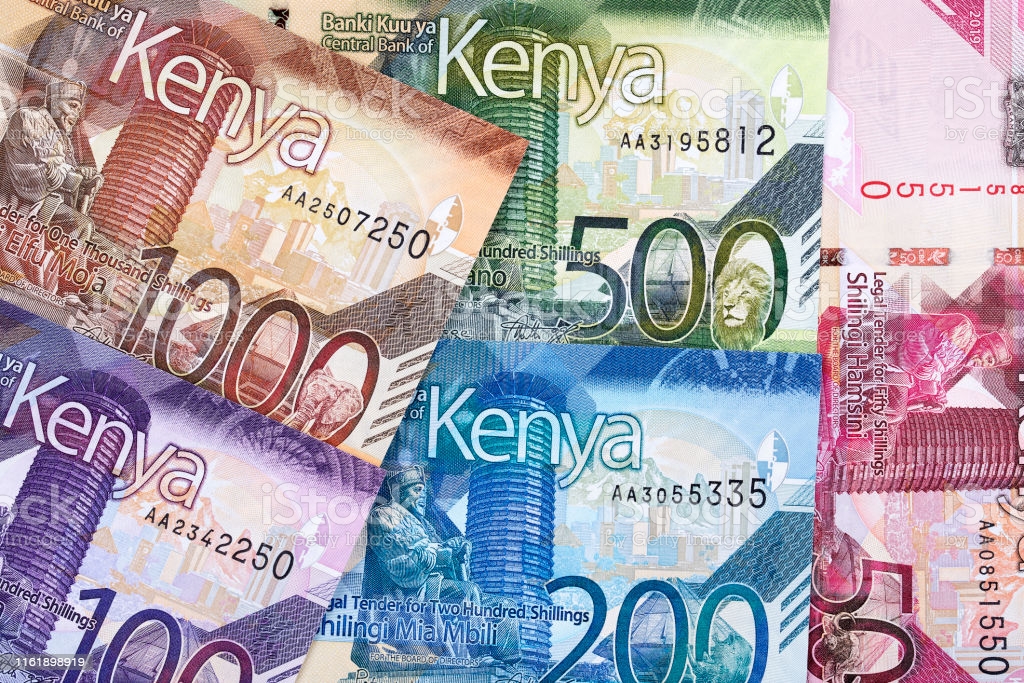
One of the epic lines from the Game of Thrones series is by Tyrion Lannister, who, whenever he is asks someone for a favour says” A Lannister always pays his debts”. He says this as an assurance that he will pay back the debt because his family has a reputation for keeping their word. Throughout the series, he pays back his debts mostly in the form of money. Now, where did money come from?
The standard narrative in economics is that money was invented from barter trade. That once upon a time Onyango had fish but he needed maize to make ugali. Nyakundi also had maize and needed fish to have a meal. So, Onyango exchanged some extra fish he had with Nyakundi who also had some extra maize. They went home happy.
But they soon encountered a small problem: Many times, Onyango had fish but needed Sukumawiki and Nyakundi had maize but needed busaa. On the other hand, the Sukumawiki lady needed milk while the busaa lady needed a necklace. So, the whole barter trade thing became complicated and inefficient.
What did they do? They invented money. Cowrie shells, silver, gold and coins eventually became the medium of exchange, a store and measure of value. That is the conventional wisdom about the origin of money. But is that so?
David Graeber begs to differ. In his seminal work, Debt: The first 5000 years, Graeber argues that money came before barter trade. That the origin of money was not commercial exchange but debt. In fact, virtual credit existed before cash credit.
Let’s say that you walk by your neigbours garden and say “nice avocadoes you have there”. She says, “Wow, you like them? You can have some”. A debt is created. The following day, your neighbour passes by your garden and says “nice mangoes you have there”. You say “Wow, you like them? You can have some”. You have paid the debt.
Let’s take it further. If your neighbour saves your son from drowning at the river. How will you repay her? You may wait for her son to drown at the river and save him. Which may never happen. But because you feel indebted to your neighbour, you may give her cattle, cowrie shells, gold, silver or anything of value. Something to say “Thank you”.
That is where the line between a gift and a loan starts to get blurred. Money starts to quantify debt. It becomes a standard of measuring debt. Just like we measure distance in metres, weight in kilograms and temperature in degrees Celsius, we started measuring debt in terms of money.
But there is no way I can quantify the value of the litres of milk I drank from my mother’s breast. So, if I build her a house or send her some money, it is not repayment of a debt, but a recognition that I owe her. It is impossible to pay her back. Just like giving tithe and offerings is an acknowledgement of our indebtedness to God.
Similarly, if my mother shows up one day with a calculator and a list of all the expenses she incurred while bringing me up. I would be baffled. And if she insists that I pay back all the money she spent on me, I will start doubting if she is really my mother. Some debts, even if they exist, cannot not be claimed.
If you have good sex with your wife and then after the act you tell her. “Babe that was really good, how much should I pay you?” Unless she has a weird sense of humour, she will probably take offense. But still, you owe her. Only that you will pay for the debt in a different way. In fact, sex in marriage is very expensive. I digress.
Let’s flip it the other way. If you bought your wife a nice gift that she really likes. Then she owes you one. How will she repay you? Let’s just say she will give you good sex that evening.
Money is a story.
Life is life
Fabio